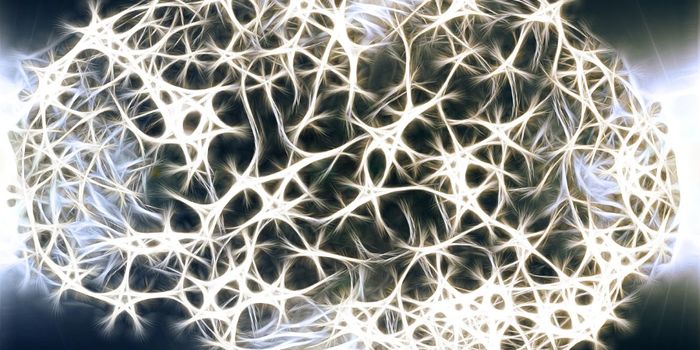Synthetic DNA Technology for Therapeutic Molecule Delivery

Synthetic DNA technology was used to engineer a novel eCD4-Ig anti-HIV agent while enhancing its potency ‘in vivo’ which was done by researchers at The Wistar Institute. Such technology has provided a simple strategy for building complex therapeutics for infectious agents as well as for diverse implications in drug delivery. The development was published online in the journal EBio Medicine.
The need for delivering complex therapeutic molecules has been a critical challenging. One such challenge is the development of a safe and effective HIV vaccine. Researchers are seeking to address these issues by exploring ‘passive immunization of laboratory-produced immunoadhesins’ in addition to traditional gene therapy methods for delivery of complex therapeutic molecules. "These complex therapeutics are difficult to deliver through traditional strategies and achieving full activity in vivo using DNA technology is also challenging," said lead researcher David B. Weiner, Ph.D., executive vice president, director of the Vaccine & Immunotherapy Center and W.W. Smith Charitable Trust Professor in Cancer Research at The Wistar Institute. "We demonstrated that a combination of plasmids can be designed to produce a novel protein as well as its modifying enzyme, allowing them to collocate with each other and create a highly functional immunoadhesin."

The technology consists of electroporation of synthetic DNA (DNA/EP) that involves the application of small, controlled directional electric currents placed inside the skin or muscle that facilitates the optimal uptake of DNA molecules as well as the local production of the DNA-encoded proteins. The technology then was able to achieve robust and long-term in vivo expression. In a mouse model, the single injection of the synthetic DNA formula has produced a functional eCD4-Ig for several months. Previous research has shown that a particular modification of the immunoadhesins, called sulfation, favored their binding to the HIV envelope. Thus, co-expression of an enzyme called ‘TPST2’ was able to occur and was crucial to increase the efficacy of the anti-HIV potency of the produced eCD4-Ig. "This is the first report on the use of synthetic DNA to encode an enzyme that can effectively carry out its activity and modulate biological functions of a target protein with high efficiency in vivo," said Weiner.
The research has advanced the field of HIV immunization and opening the doors for further applications for in vivo delivery of biologics.
Source: The Wistar Institute








